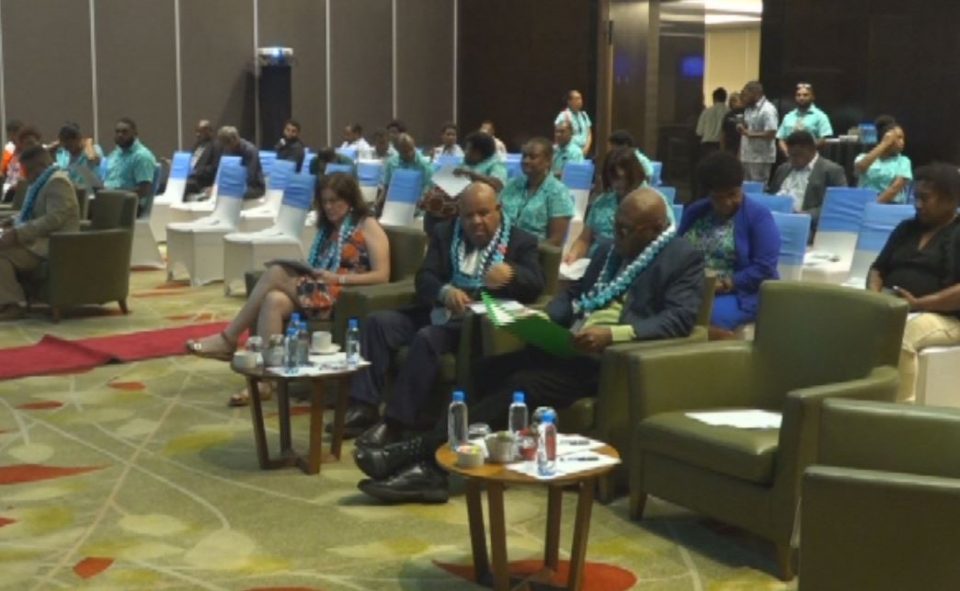By Thomas Huliambari
Poor water, sanitation and hygiene conditions in Papua New Guinea trigger the increase of waterborne diseases and deaths.
This was revealed by Anna Gilcrist, first secretary of Health, Australian High Commission during the launch of plans to improve water and sanitation yesterday in Port Moresby.
“Globally, poor water and sanitation conditions still account for more than 1 million deaths every year and constraints to prevention of other problems including malnutrition and neglected tropical diseases.”
“Waterborne diseases like diarrhoea caused over 6,000 deaths for children under five in PNG every year,” Gilcrist said.
This shows a need for proper programs and prevention of waterborne diseases in the country.
Deputy Secretary for Public Health Dr Ken Wai expressed that prevention is better than cure.
“2024 is a year of health promotion, every NGO and government organization, we need to promote health,” Wai said.
“The health environment is not healthy environment as we process infection, bacteria and diseases.”
Dr Ken Wai expressed that water is essential to keep environment clean and conducive.
“Health is human face of development, without heath, we don’t have a healthy Papua New Guineans to contribute to the economic development.”
World Health Organization Team leader, Dr Joaquim Da Silva said apart from antibiotics, quality water prevents diseases.
Ms Gilcrist echoed the words of Dr Joaquim, “No matter where in the world, safe drinking water sanitation and hygiene are crucial to human health and wellbeing.”
“It contributes to healthier environment, livelihoods, school attendance and creates a resilient community,” she added.
The government hopes to improve accessibility to safe drinking water by 70% and sanitation facilities to 60% by 2027.


